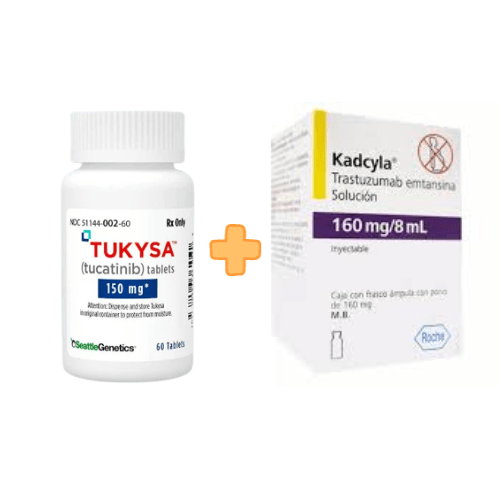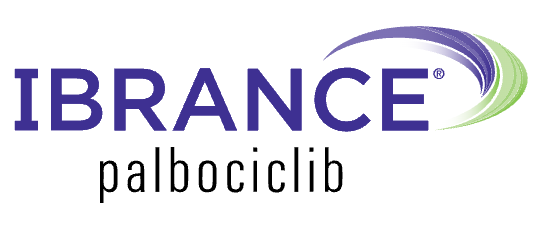
- The clinical trial HER2CLIMB-02 conducted on Tukysa (Tucatinib) in combination with Kadycyla (antibody-drug conjugate ado-trastuzumab emtansine) in patients with previously treated HER2-positive breast cancer revealed positive results through meeting the primary endpoint of progression-free survival (PFS).
- Tukysa in comparison to Kadcyla and placebo, significantly reduced the risk of tumor progression or death in patients who had unresectable locally advanced or metastatic human epidermal growth factor receptor 2-positive (HER2-positive) breast cancer.
- Discontinuations due to adverse events were more common in this combination. Although no new safety parameter has come out in the study.
- Of the estimated 300,590 breast cancer patients in the U.S. every year, 15% to 20% of cases are HER2+, indicating these tumors have high levels of the protein HER2 which promotes cancer cell growth and up to 50% of patients with HER2+ metastatic breast cancer go furher to develop brain metastases. Tukysa was approved to be used in combination with Herceptin and capecitabine in HER2+ metastatic breast cancer and marketed for use in patients, including those with brain metastases.
- This trial suggests the role of Tukysa can have extended benefits, beyond Herceptin and antibody-drug conjugates (ADC).
- Earlier this year, Tukysa received accelerated approval from the Food and Drug Administration (FDA) for use in second-line RAS wild-type, HER2+ metastatic colorectal cancer (CRC) that has progressed after treatment with fluoropyrimidine-, oxaliplatin- and irinotecan-based chemotherapy.
- The drug generated $412 million in total revenue this year which would eclipse last year’s take of $353 million and second-quarter sales of $99 million. The sales reflect competitive dynamics in breast cancer in addition to the early contributions through CRC
- Tukysa maintains strong positioning in patients with brain metastases. Combining Tukysa with an ADC may further add benefit to its competitive positioning in metastatic HER2+ breast cancer.
- Seagen anticipates added data on HER2CLIMB-02 and plans to put it forward to the FDA. Seagen is also planning a trial Her2Climb-05 for Tukysa paired with Herceptin and Genentech’s Perjeta (pertuzumab) in the first-line maintenance setting.
- Seagen has a vast development plan for Tukysa which includes a phase 2 trial HER2CLIMB-04 that pairs Tukysa with Enhertu in second-line HER2-positive breast cancer treatment. The phase 3 HER2CLIMB-05 trial is testing Tukysa in addition to Herceptin and Perjeta (Roche) as a first-line maintenance regimen.



